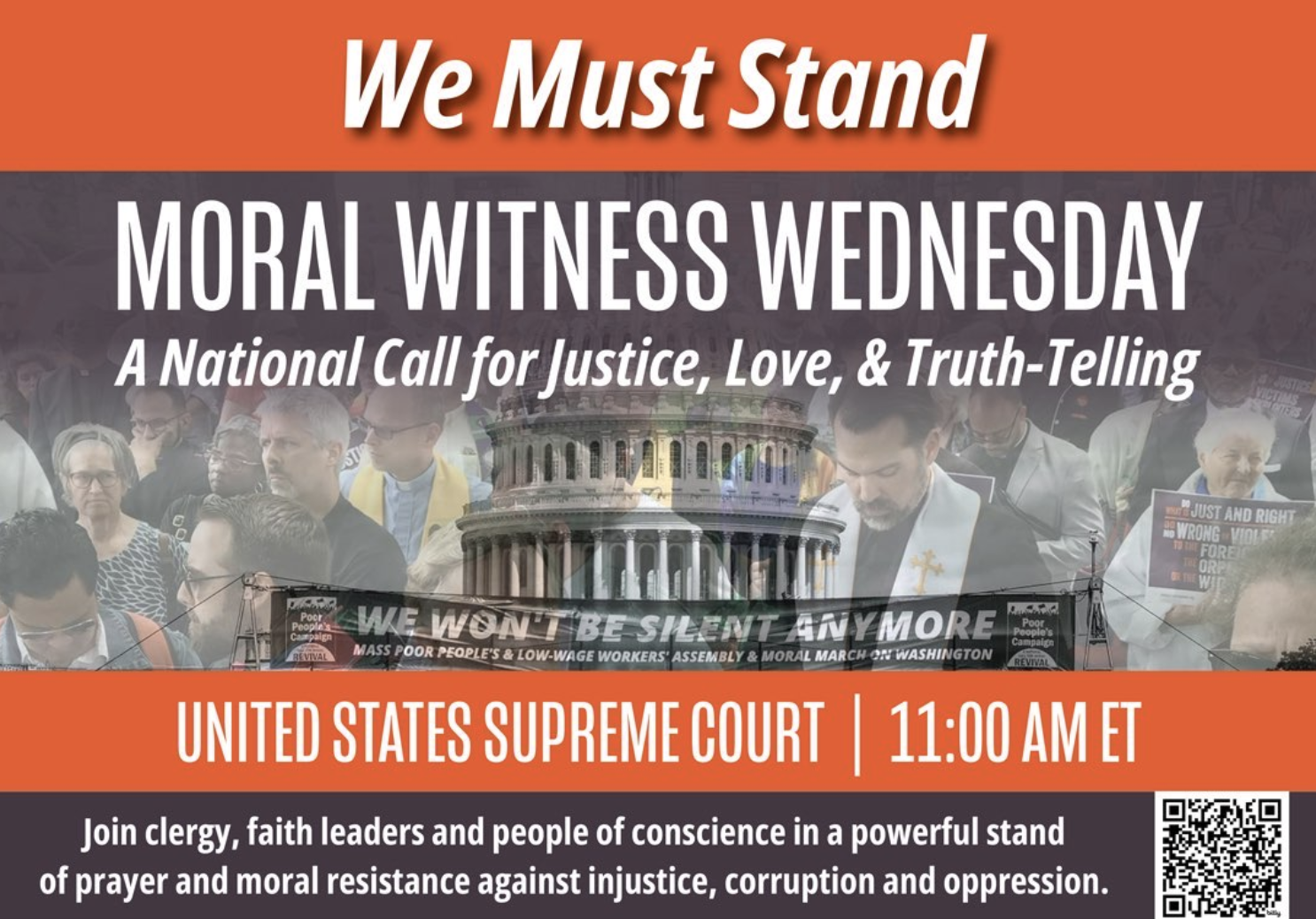
They’re dismantling our country. They’re looting our government. And they think we’ll just watch.
On Saturday, April 5th, we rise up with one demand: Hands Off!
Pre-program at the Sylvan Theater at the Washington Monument begins at 11 am, main program at 12 pm.
50501 Movement, Indivisible and Women’s March are mobilizing to stop the MAGA assault on our country and Constitution. Across the nation, we’re taking to the streets to defend our freedoms, our rights, and our future. When those in power try to silence us, we rise louder. When they attack our communities, we fight back—together. Join us in Washington DC for a day of action.
Women’s March is coordinating buses to DC.
This is a nationwide mobilization to stop the most brazen power grab in modern history. Trump, Musk, and their billionaire cronies are orchestrating an all-out assault on our government, our economy, and our basic rights—enabled by Congress every step of the way.
They want to strip America for parts—shuttering Social Security offices, firing essential workers, eliminating consumer protections, and gutting Medicaid—all to bankroll their billionaire tax scam. They’re handing over our tax dollars, our public services, and our democracy to the ultra-rich.
If we don’t fight now, there won’t be anything left to save.



